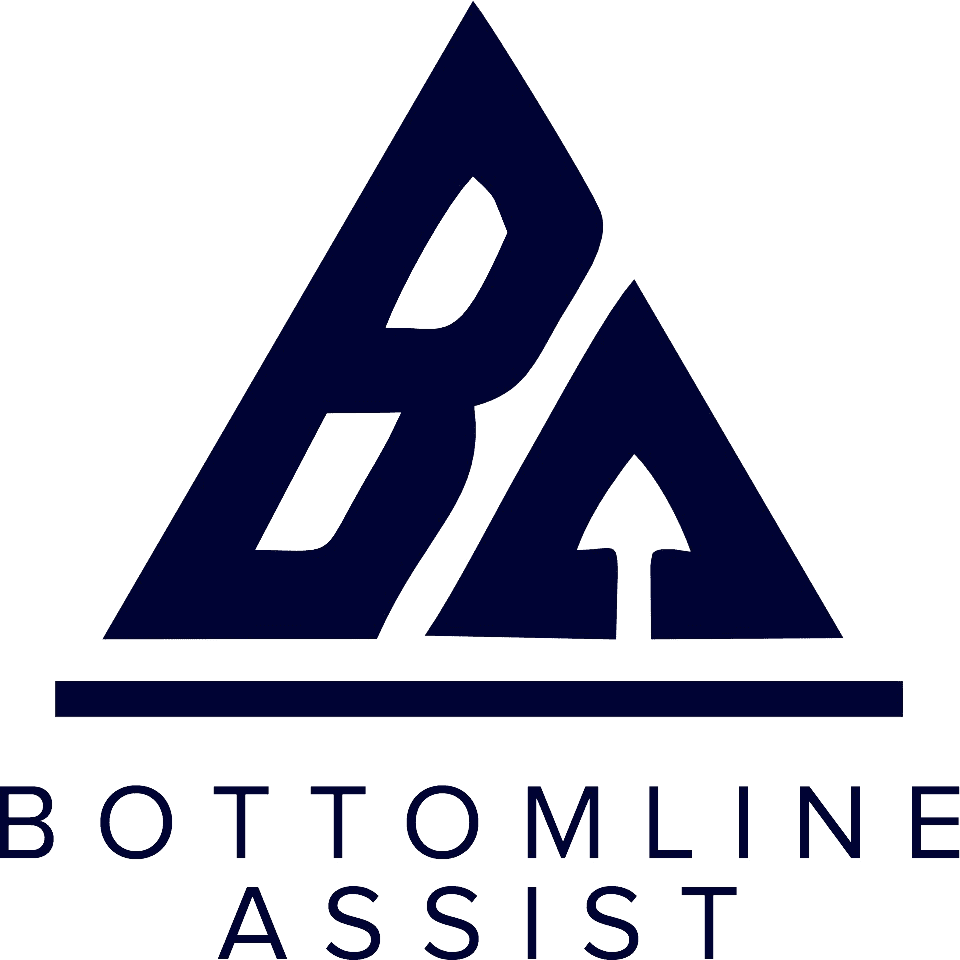Outsourcing has become a critical strategy for businesses looking to increase efficiency, cut costs, and gain access to specialized skills. As more companies seek to tap into emerging outsourcing destinations, Africa is rapidly becoming a popular choice due to its growing talent pool, competitive pricing, and improving infrastructure. However, outsourcing to Africa requires careful planning and execution to ensure success. In this blog post, we’ll provide practical tips for businesses to successfully outsource jobs to Africa.
1. Research and Choose the Right Country
The first step to successfully outsourcing to Africa is selecting the right country. Africa is a vast continent with diverse cultures, languages, and economic conditions. Each country offers unique advantages depending on your business needs.
Start by researching the countries with strong outsourcing industries. For example, if you’re looking for highly skilled tech professionals, countries like Nigeria, Kenya, and South Africa may be ideal choices. If you require customer service or business process outsourcing (BPO), Ghana and Egypt have well-established outsourcing sectors.
Consider factors such as:
- Language proficiency: English, French, and Portuguese are widely spoken across Africa, but it’s essential to ensure that the workforce in your chosen country is fluent in the language that suits your needs.
- Skillset availability: Determine which countries excel in the particular skills your business requires, such as software development, digital marketing, or customer support.
- Economic and political stability: Research the political climate and economic outlook of the country, as instability can affect the reliability of outsourcing operations.
By choosing a country with the right combination of language, skills, and stability, you can ensure a smoother outsourcing experience.
2. Build Strong Partnerships with African Outsourcing Providers
Once you’ve chosen the right country, it’s crucial to select the right outsourcing partners. Building a strong, long-term partnership with reliable African outsourcing companies can be the difference between success and failure.
Here are some key steps to follow:
- Conduct thorough due diligence: Investigate potential outsourcing providers by checking their references, client reviews, and industry reputation. Look for companies that have experience working with businesses from your region or industry.
- Set clear expectations: When starting your partnership, ensure that both parties are aligned in terms of expectations regarding deliverables, timelines, and communication. A clear agreement will help avoid misunderstandings later on.
- Focus on building trust: Trust is essential in any outsourcing relationship. Take the time to communicate openly with your outsourcing provider, ensuring that you have a shared understanding of your business goals and priorities.
By choosing the right partner and fostering a collaborative relationship, you can achieve greater results from your outsourcing efforts.
3. Understand African Work Culture and Expectations
To ensure that your outsourcing arrangement runs smoothly, it’s essential to understand the work culture and expectations in your chosen African country. While many African countries share similar work ethics, there can be significant differences in communication styles, business practices, and work-life balance.
Here are some key cultural considerations:
- Communication styles: Some African cultures may be more indirect in their communication, which can sometimes be misinterpreted as evasiveness. Be open to adapting your communication style to foster better relationships.
- Work-life balance: Understanding the importance of holidays, weekends, and work hours in the outsourcing country can help you align expectations around work schedules.
- Flexibility and adaptability: African workers tend to be highly adaptable and resilient. If your business has fluctuating needs, the African workforce is generally flexible in adjusting to new demands.
Being aware of these cultural nuances will help you manage your remote team more effectively and avoid potential conflicts.
4. Legal and Financial Considerations
When outsourcing to Africa, understanding the legal and financial landscape is crucial to ensuring compliance and avoiding legal disputes. Each country in Africa has its own laws regarding labor, taxation, intellectual property, and business operations.
Here are some key legal and financial factors to consider:
- Labor laws: Research the labor laws in the country where you plan to outsource. This includes understanding minimum wage laws, employee benefits, working hours, and any restrictions on contracts or non-compete agreements.
- Taxation and invoicing: Understand the tax implications of outsourcing to Africa, including how taxes will be applied to the services you receive. Additionally, familiarize yourself with the invoicing process and any potential foreign exchange issues.
- Intellectual property (IP) protection: Make sure that you have clear contracts in place that outline the ownership of any intellectual property created during the outsourcing arrangement. This will protect your business from potential IP disputes.
Working with a legal advisor familiar with the outsourcing regulations in the country you choose can help ensure compliance with local laws.
5. Managing Remote Teams in Africa
Once your outsourcing operation is set up, managing remote teams effectively is essential to ensuring productivity and success. Remote teams, especially those located in different time zones, can present challenges, but with the right tools and strategies, you can keep everything running smoothly.
Here are some tips for managing remote teams in Africa:
- Use the right communication tools: Invest in reliable communication and collaboration tools like Zoom, Slack, or Microsoft Teams. These tools allow for real-time collaboration and help maintain a sense of connection among your team members.
- Set regular check-ins: Schedule regular meetings to monitor progress, discuss challenges, and provide feedback. This keeps everyone on the same page and ensures that projects stay on track.
- Provide support and training: Offer continuous training to help your remote team develop new skills and stay up-to-date with industry best practices. Also, be available to support your team when they encounter obstacles.
By fostering clear communication, offering support, and utilizing collaboration tools, you can ensure that your remote team in Africa stays motivated and productive.

